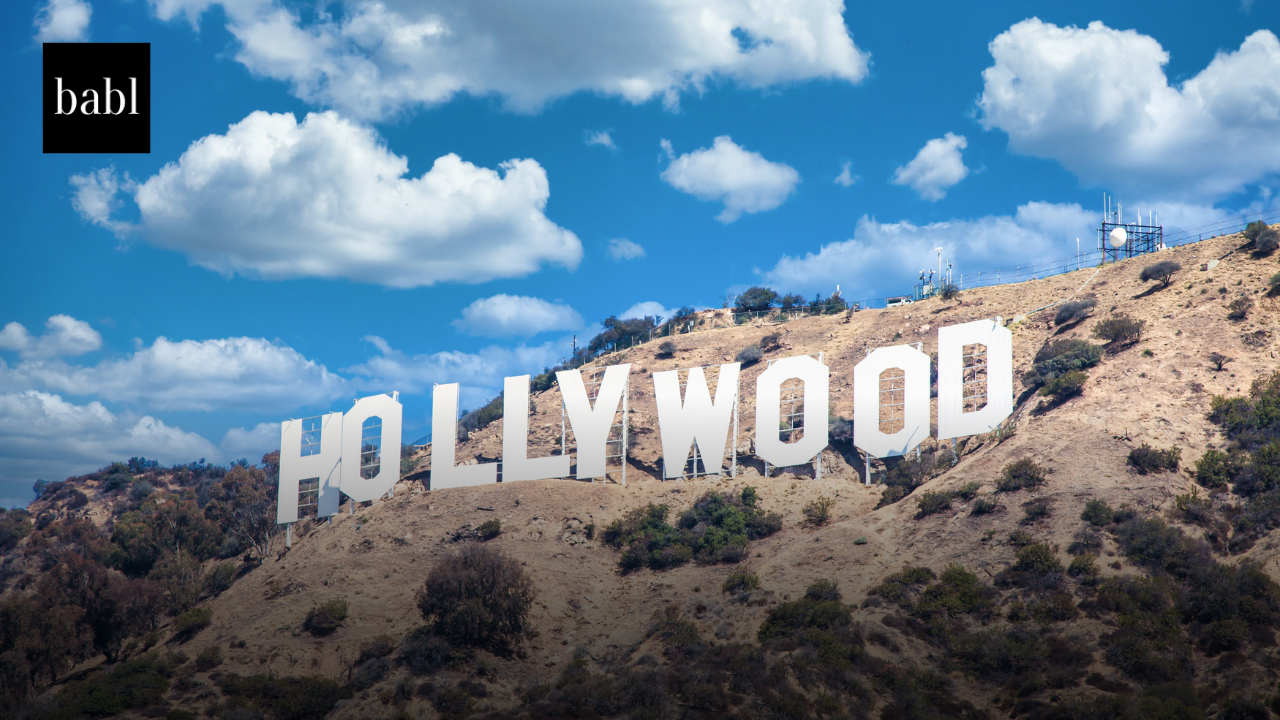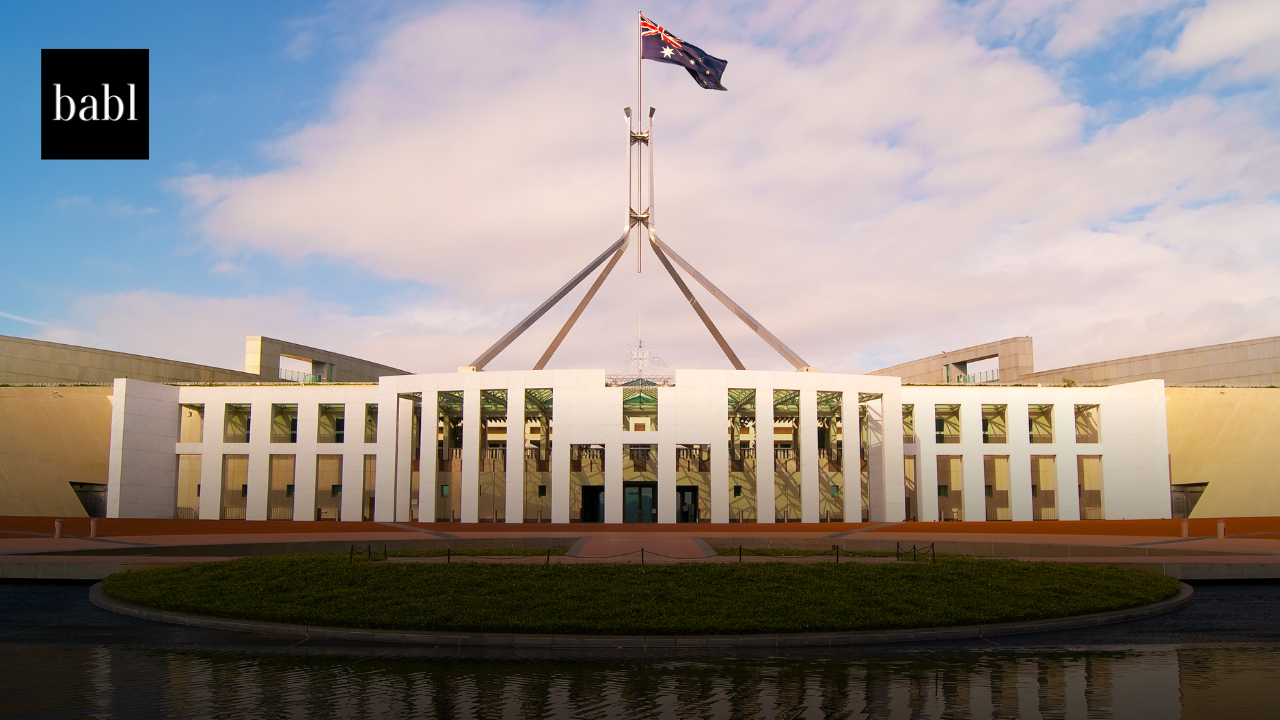California Governor Gavin Newsom has signed two major bills into law restricting the use of artificial intelligence (AI) to create digital replicas of performers. The signing ceremony took place on September 17, 2024, at the SAG-AFTRA headquarters in Los Angeles — a symbolic moment for the entertainment industry’s fight against unauthorized digital replication.
Protecting Performers’ Likeness and Voice
The new laws, Assembly Bill 2602 and Assembly Bill 1836, were championed by SAG-AFTRA and passed by the California State Senate in August 2024. They are designed to prevent the use of AI-generated replicas of performers’ voices or likenesses without proper consent or representation. AB 2602, introduced by Assembly Members Ash Kalra, Isaac Bryan, and Laura Friedman, makes it illegal to replace a performer’s actual work with a digital replica unless the performer gives informed consent. Contracts involving digital replicas must clearly list all potential uses. Any agreement that fails to do so is deemed unconscionable and unenforceable under public policy.
The law applies retroactively, requiring companies to notify affected performers by February 1, 2025, that such contracts are invalid. It also mandates that performers must have legal or union representation in any agreement involving digital likenesses, ensuring they fully understand their rights before granting permissions.
Extending Protections to Deceased Performers
AB 1836, authored by Assembly Member Rebecca Bauer-Kahan, addresses intellectual property rights for deceased artists. The bill allows heirs or estates to sue for damages if a performer’s likeness or voice is used without consent in audiovisual or audio works. This law specifically targets AI-generated replicas, establishing a minimum fine of $10,000 or actual damages for unauthorized use. The measure strengthens the rights of estates and families, ensuring that AI technology cannot exploit a performer’s legacy without authorization.
SAG-AFTRA, which sponsored both bills, has been at the forefront of addressing AI-related concerns within the entertainment industry. In 2023, the union introduced initial AI protections in its TV/theatrical contract, laying the groundwork for broader legislative measures.
A Milestone for SAG-AFTRA and Ethical AI Use
SAG-AFTRA President Fran Drescher praised the legislation as a breakthrough in protecting performers from digital exploitation. The union had already introduced AI-related protections in its 2023 TV/theatrical contract, paving the way for broader legal safeguards. Governor Newsom echoed those sentiments during the signing event, saying the laws protect “dreamers and doers” from unethical AI practices. “With SAG and this bill I just signed, we’re making sure that no one turns over their name, image, and likeness to unscrupulous people without representation or union advocacy,” Newsom said in a video shared on Instagram.
Broader AI Regulation in California
Alongside the protection bills, Newsom also signed legislation banning AI-generated deepfakes in political advertising ahead of the 2024 election. The new law makes it illegal to create or distribute deceptive political media during election periods. Also, it requires campaigns to disclose when AI tools are used. These actions solidify California’s leadership in AI regulation, balancing innovation with ethical and legal safeguards. By enacting these bills, the state has set a precedent for other jurisdictions in the age of AI.
Need Help?
If you’re monitoring developments in California’s AI legislation or other AI policy frameworks worldwide, contact BABL AI. Their Audit Experts are ready to provide valuable assistance while answering your questions and concerns.





